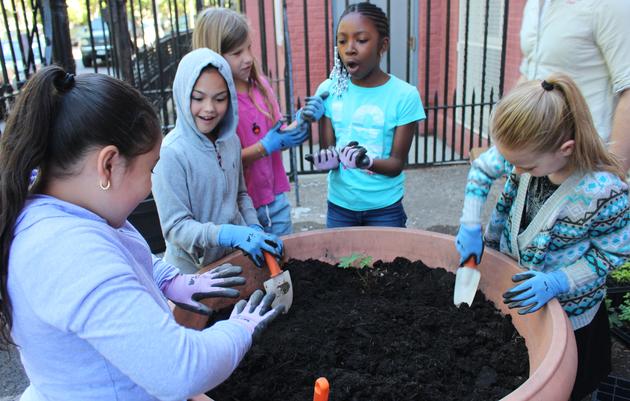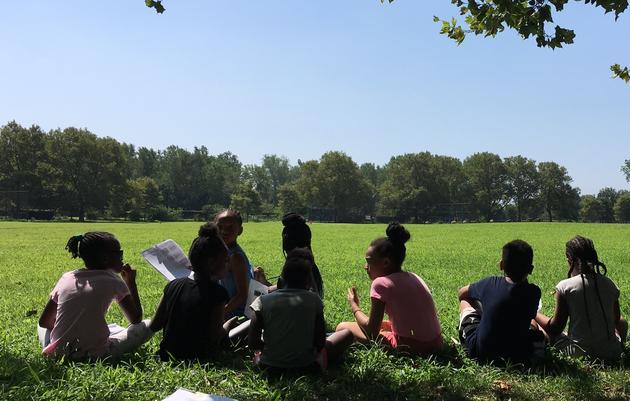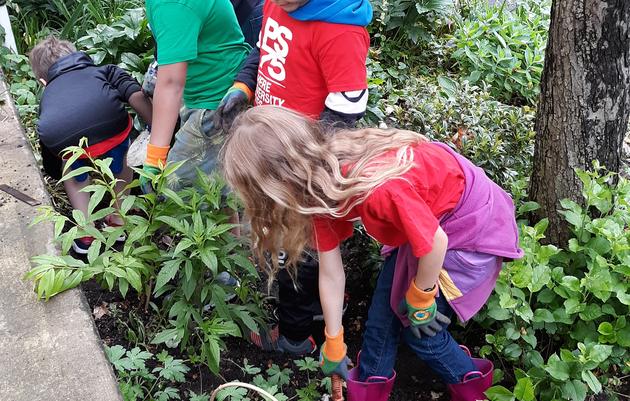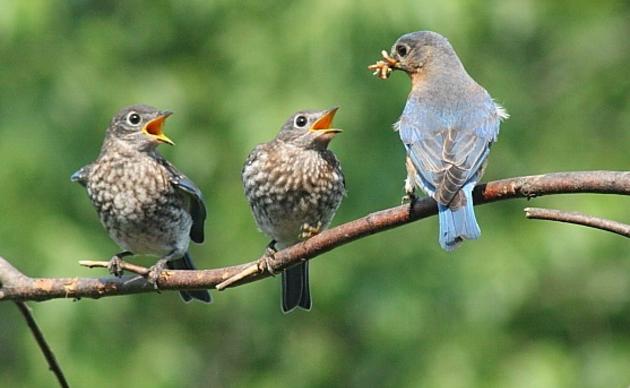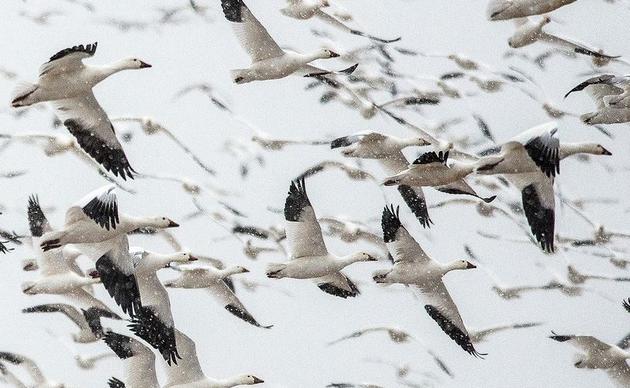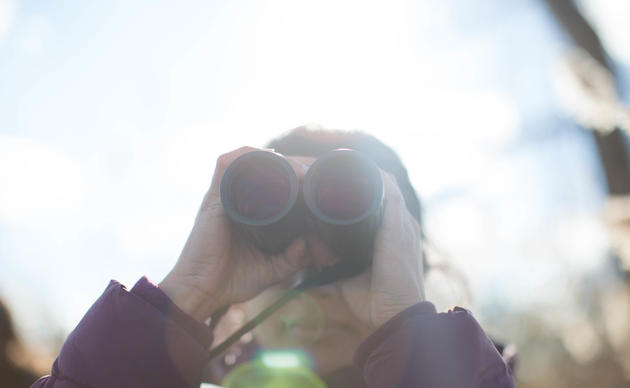A lifelong animal lover, Yamina Nater-Otero took the scenic route on her journey to conservation and sustainability. She is excited to put her passions for sustainability, community outreach, and social justice to good use as an environmental educator with Audubon New York's 'For the Birds!' team. In her free time, she enjoys consuming far too much pop culture and spending time with her two Boston Terriers.
Yamina ha sido una amante de los animales toda su vida, pero tomó más tiempo en desarrollar su interés en la conservación y la sostenibilidad. Está entusiasmada de poner en práctica sus pasiones por la sostenibilidad, la extensión comunitaria, y la justicia social como educador ambientalen Audubon New York 'Para las Aves!' equipo. En su tiempo libre, disfruta consumir demasiada cultura pop y pasar tiempo con sus dos perros.
Did you always love being outdoors when you were a kid?
No, I’m from Newark, New Jersey which is the city with the least amount of green space. I was just this indoor nerd who liked pop culture and reading so I did not [enjoy the outdoors], but as I got older I realized being outside is good for your mental health—for your all-around health. I actually have a second cousin in Puerto Rico who owns an organic farm and I was fortunate enough to visit, and I was like, I did not know this was a thing, I did not know people went into this, and I just sort of continued pursuing it, until I realized I like outreach, I like educating people, and I like being outdoors now.
What is your favorite thing about your Puerto Rican culture?
Many things. I will highlight obviously our food; it’s delicious. And very friendly, everyone’s very friendly. The island is so small that it feels like everyone knows each other—we don’t all know each other—but you go out and you say hi to people. You need something and everyone’s really helpful. And this is true of a lot of Latinx and Hispanic cultures; we’re all loving and welcoming, and we’ll feed each other.
What is one thing you want people to know about your culture, Puerto Ricans, or Puerto Rico itself?
About Puerto Rico, I’d say—and I actually just learned this recently—it’s the oldest colony in the world. Puerto Rico was colonized by the Spanish and then sort of transferred over to the United States. There are those that believe that it’s still a colony, it’s just called a commonwealth. There’s obviously a lot of stuff going on in Puerto Rico, and people have opinions, but I think not enough opinions take into account the fact that Puerto Rico has been colonized for a very, very long time. And then another thing—and this shouldn’t be important—it isn’t important to me, but it is important for reasons that’ll become apparent: we’re American. We’re part of the United States. It shouldn’t matter, but it unfortunately does matter, and not enough people know that we are part of the US.
Want to learn more about bird conservation work being done in Puerto Rico?
Audubon’s BirdLife partner, Sociedad Ornitológica Puertorriqueña, Inc. (SOPI), leads conservation efforts for Puerto Rican birds and Important Bird Areas (IBAs) on the island.
Puerto Rico’s 20 IBAs cover 16% of the island’s land area, and include sites such as El Yunque National Forest, Humacao Wildlife Refuge, and Ceiba State Forest.
From shorebird monitoring projects, Christmas Bird Counts, and capacity building workshops, SOPI works to educate the public and protect Puerto Rico’s birds and IBAs. To learn more about SOPI and their work, visit their website.

